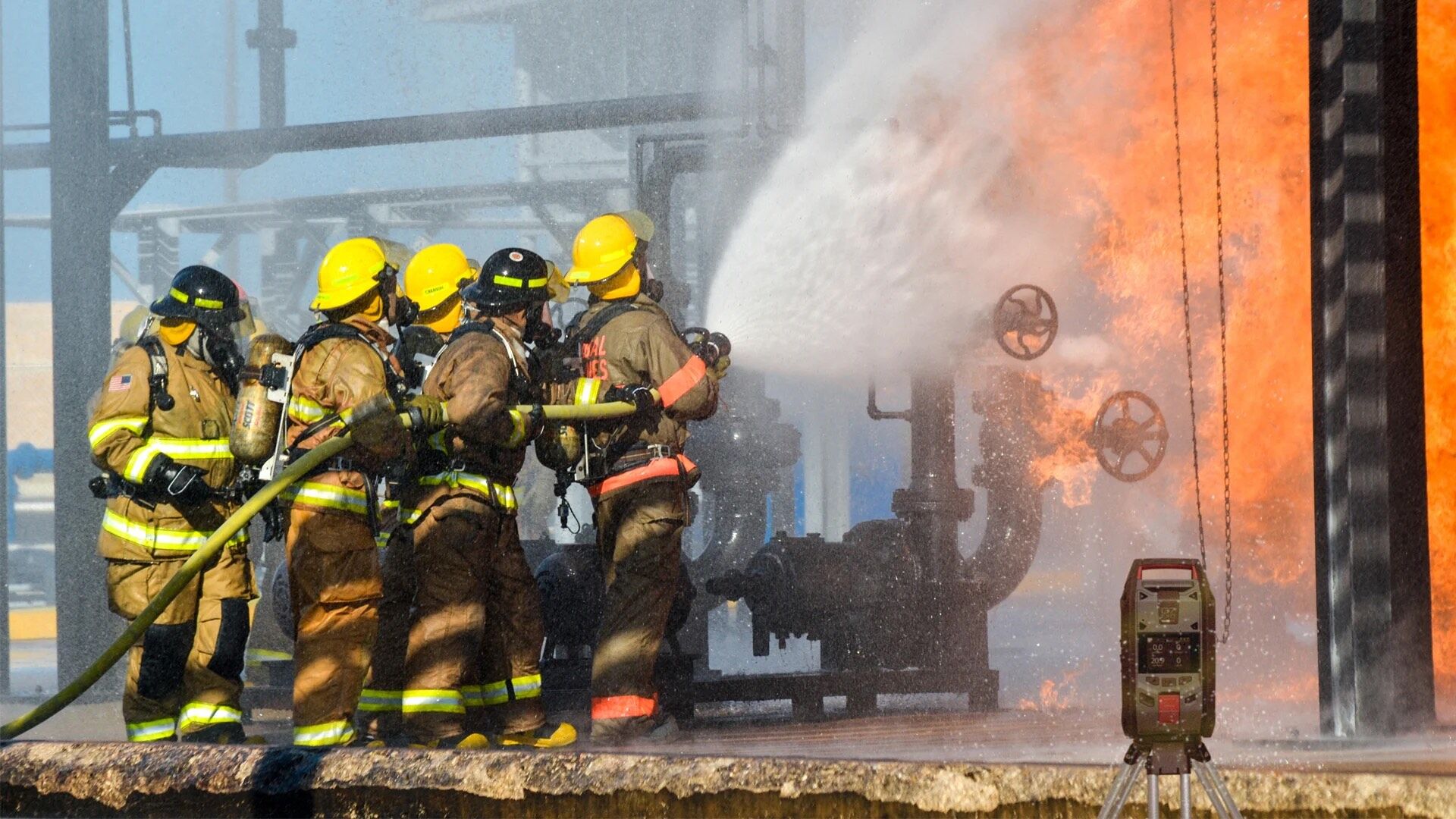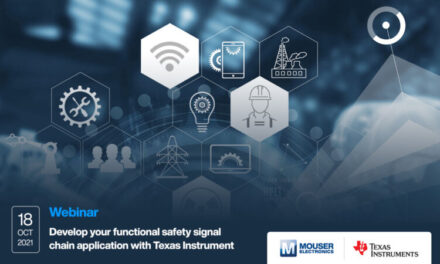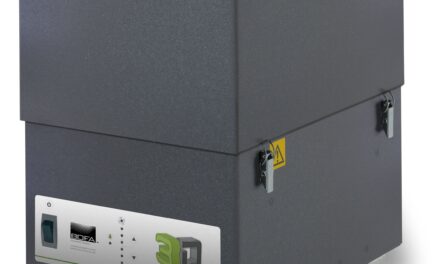When an organisation’s job is to respond to fires, explosions or any other disaster that may come along, ensuring their first responders are protected is paramount. That’s why Blackline Safety Corp., a global leader in connected safety technology, is unveiling an equipment trade-in programme designed to make it easier than ever for fire departments and emergency response teams to acquire cutting-edge gas detection equipment and the monitoring software that comes with it to keep crews safe.
“Emergency responders are in a class of their own when it comes to safety,” said Blackline Safety Business Development Specialist Doug Mayer. “They need to be prepared to face any situation in order to protect not only themselves, but potentially the community at large. It’s critical they have the most advanced safety monitoring technology at their fingertips.”
The Blackline Safety programme allows fire departments and emergency response departments to trade in older safety monitoring equipment that is either end-of-life or not working properly, in exchange for credit towards the purchase of next-generation Blackline Safety G7 EXO area monitors or G7 personal gas detectors.
Easily configurable devices customisable to any scenario—powered by connectivity
Blackline Safety’s gas monitors are built for extremes, operating reliably in the harshest of conditions to keep workers safe and mitigate the hazardous conditions at hand. Easily configured to suit the specific gas hazards expected at an incident, the first-of-their-kind cloud-connected gas detectors allow responders and Incident Command to accurately visualise what’s happening during an incident in real-time. They can then rapidly adjust the strategy for response teams if conditions or situations change.
Unlike other products that rely on Wifi or mesh networks, Blackline Safety’s breakthrough devices use built-in cellular and/or optional satellite connectivity, deploy in minutes and automatically link to the Blackline Live safety monitoring web application to start streaming data from the incident immediately to the cloud. Since the real-time data and Blackline Live dashboard is online, the situation can be monitored from anywhere with no limitations on the location of the command centre, the number of devices in the network, or the data transmission distance from the incident to the command centre.
Trade-in supports tight budgets
As Mayer explained, the incentive is important because fire departments and response teams are relied on to use the best methods and equipment available to enhance safety, yet most are publicly funded and therefore have tight budgets. “We’re taking old equipment off their hands and giving them an affordable way to upgrade to a replacement that is leading edge,” he said.
One of the most common problems with older generations of safety monitoring equipment is the need to have multiple devices in order to cover the different hazardous material responses that may be encountered. Newer equipment, such as G7 EXO area monitor and G7 personal gas detectors, enable preconfigured and calibrated sensor cartridges to be easily swapped in and out on the fly. Responders can even modify the sensing capabilities of each device while en route to the incident. Blackline has more than 20 gas sensors available and literally thousands of cartridge configurations to consider.
“Users can configure cartridges ahead of time and have them ready to go, and then pick the one they need depending on the emergency they’re about to head into,” explained Mayer, adding that there’s no downtime required or need to worry about leaving a gap in their safety monitoring process.
Next-gen features include long battery-life, plume monitoring and more
The opportunity to upgrade also means responders gain access to equipment with longer battery life – up to 100 days for G7 EXO, ensuring it outlasts even the longest response scenario. In addition, the data from connected devices can be coupled with dispersion modelling software such as Vlahi’s sensor driven CERES platform to proactively forecast where, and at what concentration, a chemical release is likely to spread. This gives team leads the ability to make a more informed decision as to whether a shelter-in-place or evacuation order is required. Many departments work hand-in-hand with local industrial/chemical production facilities and the opportunity exists for response teams and facility personnel to work together in pre-planning a combined capability and cost sharing.
Blackline Safety devices are already used by a rapidly-growing number of fire departments and emergency response organisations across North America.
“The fire/hazmat market is a key growth area for the company,” said Mayer. “Blackline’s equipment is ideally suited to meet their ever-changing requirements, and we take to heart the additional requirements customers are looking for to develop and add to our current offerings.”
“In today’s world, it’s more important than ever to be prepared around the clock for the unexpected,” he said. “We can help and we offer free evaluations of all our technologies.”
More information about the trade-in programme can be found at: www.blacklinesafety.com/refresh




